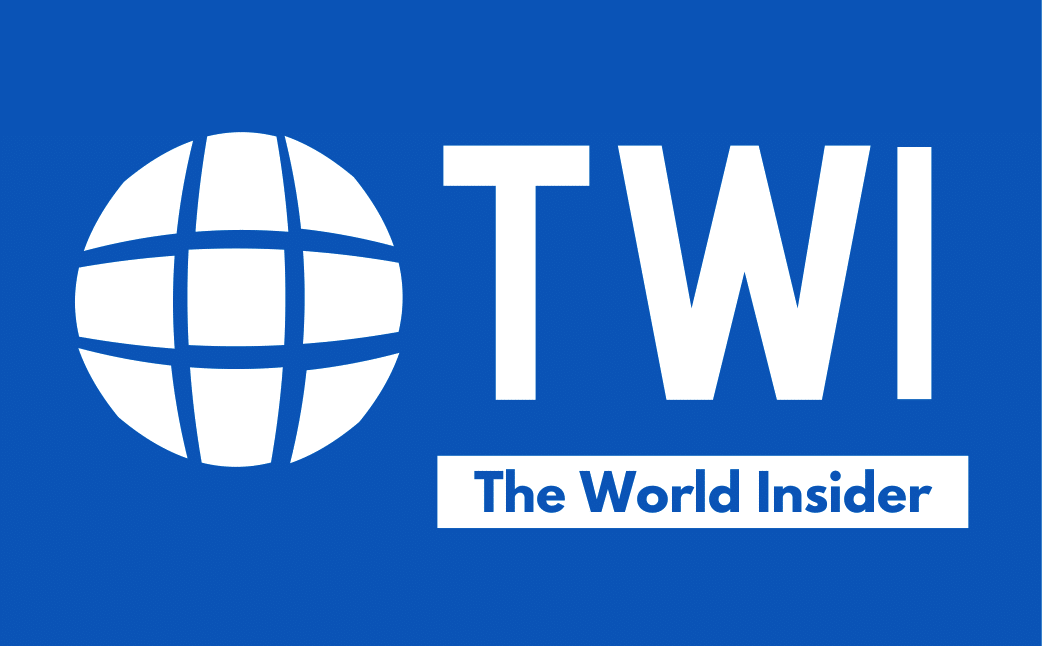This is why Tehran will never enter into extensive war with Washington
Now that Iran has vowed for revenge the United States strategists are preparing for the worst-case scenario and perhaps a massive action against Iran if it attacked any U.S. bases or personnel. But reports coming from Iran suggest the otherwise and indicate that Iran would rather work on a long-term plan to frustrate the U.S. and its allies while adopting an alternative scientific approach in the region.
According to Middle East experts, the killing of General Qasem Soleimani has left little room for the U.S. to maneuver in Iraq and Syria at least for the time being and U.S. may have to temporarily withdraw from some areas before the dust settles down.
According to reports, the Iranian officials may not launch any direct attack against any U.S. installations but would prefer them to remain alert 24/7 for weeks if not months. Such a situation, Iranians believe, could put the U.S. military in the region under constant psychological pressure.
U.S. officials expect that Iran would prefer the asymmetric tools of warfare and avoid any direct confrontation with the United States, which has the most powerful and advanced military in the world. The consequences of such an approach by Iran would be challenging for the U.S. and its allies as opposed to aerial bombardment.
Should President Donald Trump carry out his warning to bomb 52 sites including cultural sites for purely symbolic reasons, the United States would face even more opposition from many parts of the world.
Insiders suggest that the best way for the U.S. is to offer an olive branch to Iran and digest a few small-scale ‘revenge-like’ actions by pro-Iran elements if Iran indicates a willingness to swallow the bitter pill and let go of the loss of its general.
There have been several statements that signify that the Iranian government is not considering any action immediately. Several Iranian officials have been quoted by local media as saying that ‘first revenge must come from the friendly forces in the region and only after then Iranian Government would unleash its havoc’.
The choice of words by Soleimani’s successor, Brigadier General Esmail Ghaani, depicts that the Gulf country is only high on the rhetoric and may not take revenge into its own hands. “The revenge for Soleimani’s martyrdom is a promise given by God, as the God is the main avenger,” said Ghaani, who is seen as the key person expected to take the ‘revenge’ of the death of his former boss.
In a January 5 interview, the military adviser to Iran’s Supreme Leader, General Hossein Dehghan, had warned ‘region will no longer be a safe place for U.S. forces’ but also made it clear that “Iran’s reaction will be wise, well-considered and in time, with decisive deterrent effect….Tehran will never enter extensive war with Washington.”
Another key Iranian official also indicated that Iran would not do anything that could spark off a war with the United States. It is believed that Ali Shamkhani, secretary of Iran’s National Security Council, has also agreed to wait and see before opting for any harsh reaction.
American officials who monitor Iran closely believe that President Ali Rouhani who considered Gen. Soleimani as ‘harsh and more active outside than inside’ is now somewhat relaxed. However, they also warn that ‘rising internal pressure’ may force the Iranian handlers of non-state actors in regional countries to carry out some symbolic attacks.
Iranian analysts believe that President Ali Rouhani, who was also the Intelligence chief before assuming the office, fully understands the consequences of a direct confrontation and would never opt for it.
At the moment, as both sides are in wait-and-see mode, Iranians are focused on a calculated response keeping in view the valued lessons from the death of their most revered military leader. Iranian President Rouhani is already urging his close associates to hash out a better deal and possibly lifting of some sanctions without a compromise on its missile programs.
Iran insiders speculate that instead of going to a direct confrontation either with the U.S. or its Arab allies, Iran would prefer to expand its area of influence from the Middle East to Africa and Afghanistan to South East Asia with a systematic approach.
—
By M. Ahsan Jamal – The author is currently enrolled in the Public Administration doctorate program at Shanghai Jiao Tong University in Shanghai, China. He writes analytical pieces on geopolitical affairs and has a Master’s degree in International Affairs from Tsinghua University.




